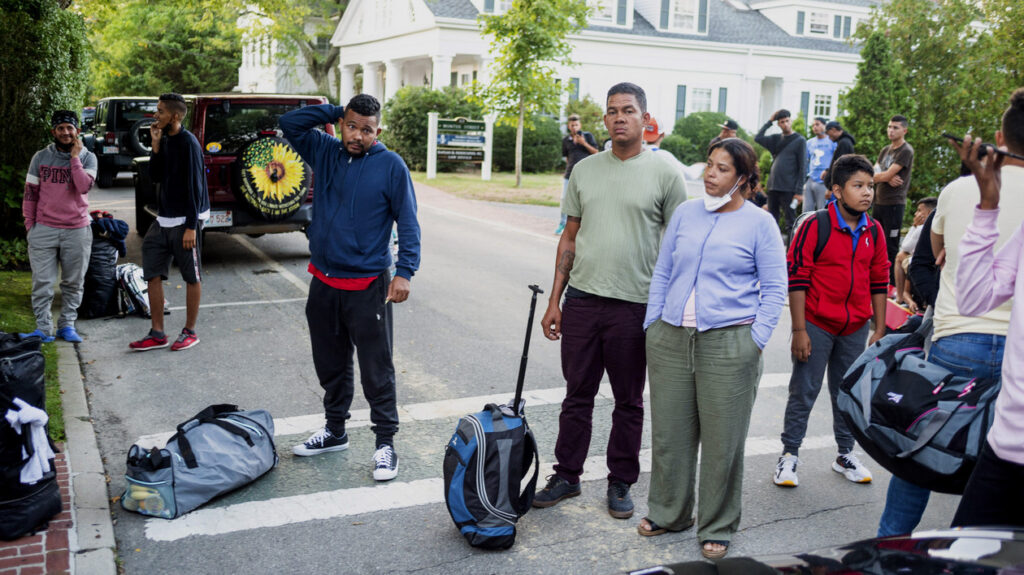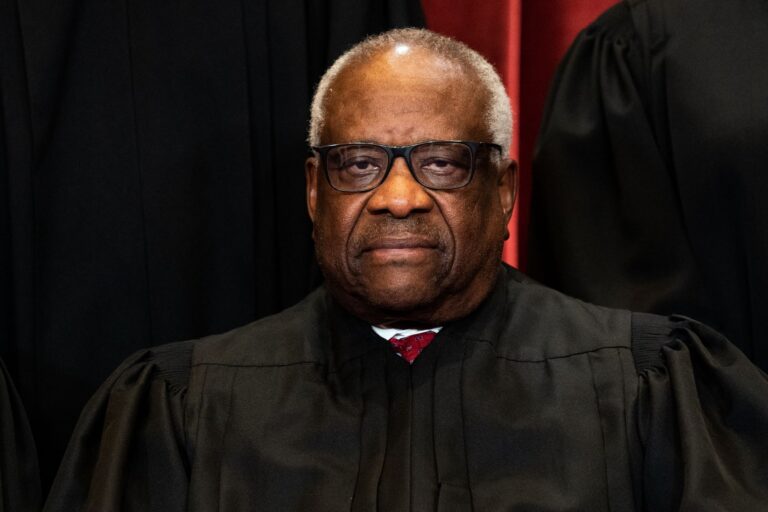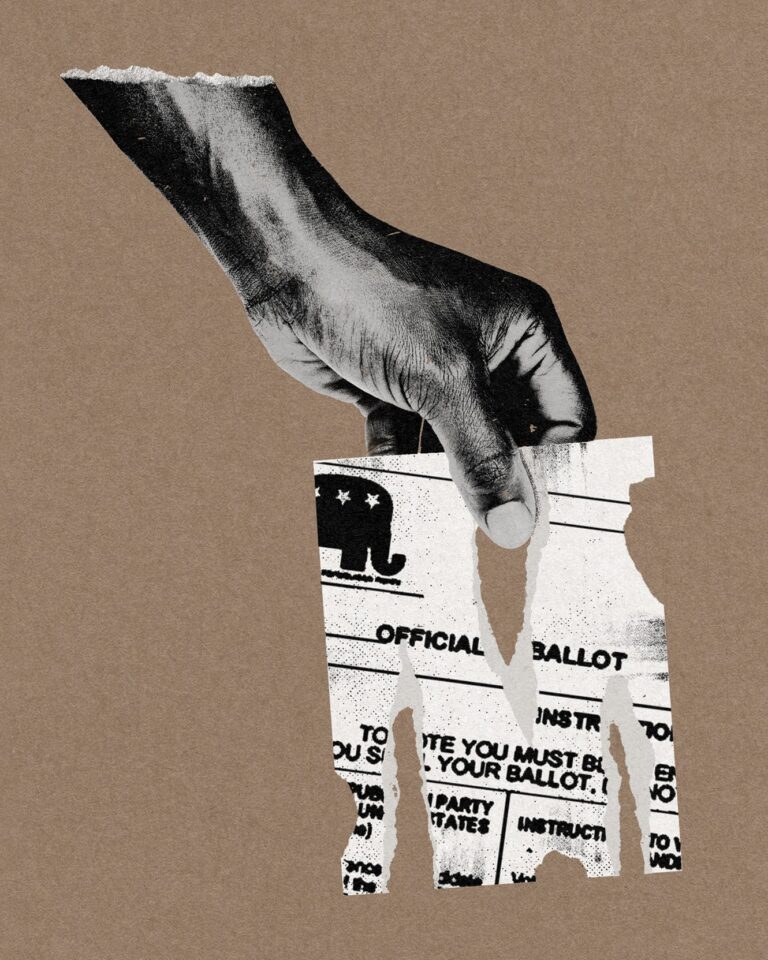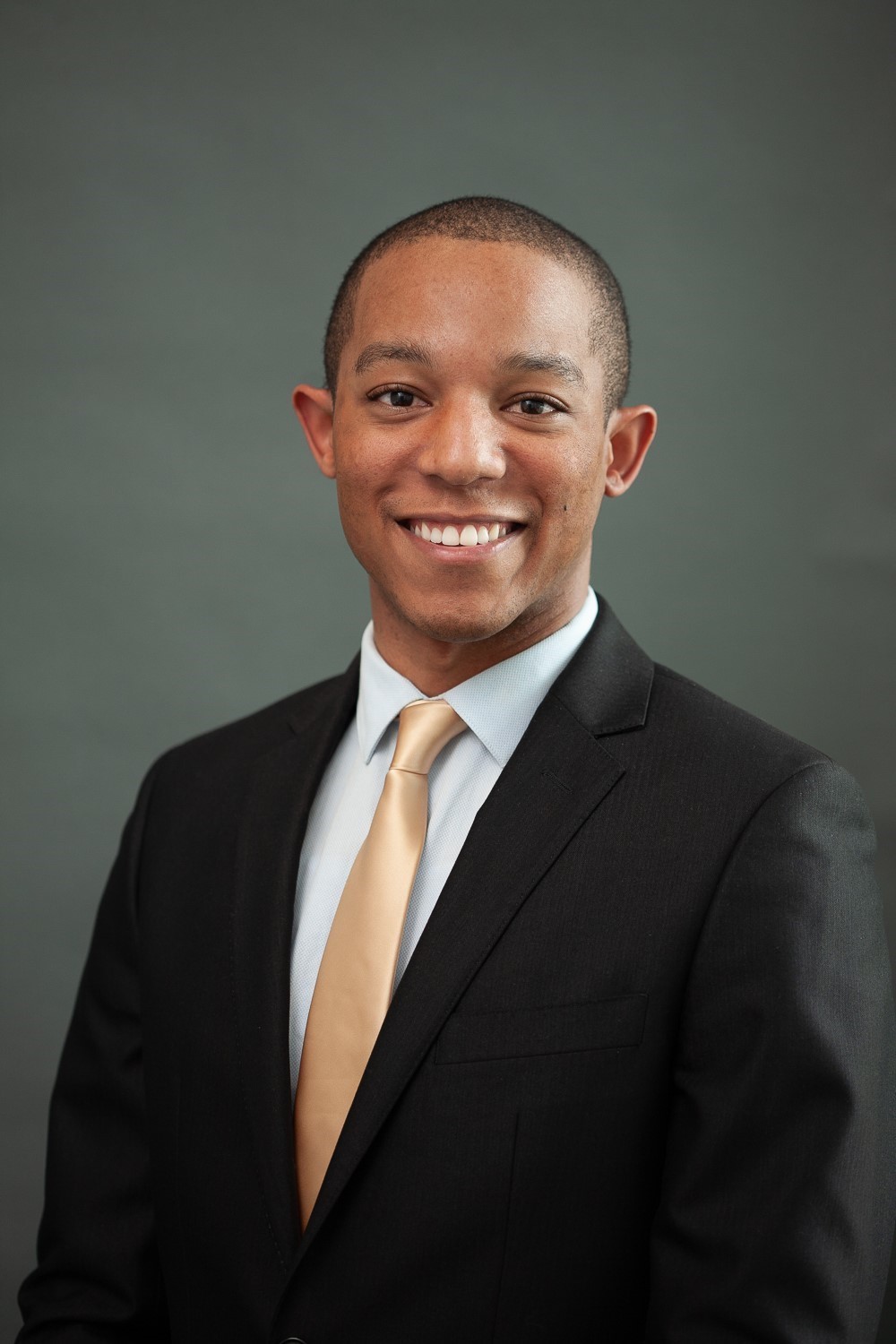Trans kids scored a victory against bigotry
Finally

Transgender kids in Texas have dealt with a lot of BS over the past several months. Back in February, Gov. Greg Abbott ordered the state’s child welfare agency to consider sending children to foster care if their parents had ever let a doctor give them puberty blockers or hormone therapy—medical care that the governor equated with “child abuse.” Since then, many trans kids and their parents have fled the state. The ones who stayed have lived in constant fear that they might be separated.
But on Friday, families with trans children finally scored a big victory. A district court judge in Texas put a pause on the governor’s witch hunts by issuing a temporary injunction that prohibits child welfare officials from investigating any parents who are members of the group PFLAG, a national LGBTQ organization that sued to try to stop the investigations. The group has more than than 600 members in Texas, and people can join by making a small donation. Over the summer, the same judge halted investigations into a couple of families that were also plaintiffs in the lawsuit, but the ruling this week greatly expands the number of people who are protected from the governor’s order.
Read the story on Mother Jones
It’s possible to agree with every one of these criticisms but still find them less than satisfying. Because at the end of the day, no matter how much withering criticism she faces, Cannon still gets to put on the black robe and run interference for her benefactor. She will still get a standing ovation at some future Federalist Society gathering. She remains in control of this case. But it’s not just Cannon: Many smart lawyers also noted that the Justice Department now faces the unenviable task of having to appeal this decision up to higher courts that are filled with Trump appointees, which takes the sting out of the opprobrium: For all we know, the Trump-stacked 11th U.S. Circuit Court of Appeals or five radical justices on the Supreme Court may also greet her outrageous decision with a standing ovation.
Read the story on Slate
Civil rights lawyers are coming for Ron DeSantis
More of This

A civil rights law firm filed a federal class action lawsuit against Florida GOP Gov. Ron DeSantis on Tuesday, accusing him of orchestrating a “premeditated, fraudulent, and illegal scheme” to fly dozens of migrants from San Antonio to Martha’s Vineyard.
The lawsuit, filed by the Boston-based Lawyers for Civil Rights, alleges that DeSantis and state transportation officials violated the migrants’ constitutional rights by coercing mostly Venezuelan asylum-seekers onto planes in Texas to the island through “false promises and misrepresentations.” It also accuses DeSantis of inappropriately using federal coronavirus relief funds to pay for the flights.
The lawsuit also asks a judge order DeSantis to stop transporting migrants in the future. The Florida governor has promised to continue flying migrants to Democratic strongholds and on Tuesday sent White House and Delaware state officials scrambling to prepare for the arrival of more migrants in Delaware amid speculation that he was sending migrants to that state.
Read the story on Politico
Clarence Thomas is deeply pessimistic
Less of This

What does Clarence Thomas really believe?
Thomas was appointed to the Supreme Court in 1991, after a contentious confirmation hearing, where he was accused of sexual misconduct by Anita Hill. He’s now been on the Court for three decades — longer than any other sitting justice.
From the bench, Thomas’s hardline positions have bedeviled the left and made him a hero of the American right. Which means lots of people have strong feelings about him. But the strange thing about Thomas is that he seems to be mostly misunderstood by both his supporters and detractors — at least according to political theorist Corey Robin.
Read the story on Vox
Is this the end of the Voting Rights Act?
Speaking Of...

The supreme court delivered appalling decisions in June—on abortion, guns, and environmental regulation—but the conservative supermajority is poised to strike an even greater blow against American democracy. The justices now have the Voting Rights Act of 1965 in their sights. On October 4, the second day of the new term, they will hear Alabama’s challenge to a federal district court’s finding that the state has to create a new majority-Black congressional district. This is no ordinary case of statutory interpretation. At stake is a crowning achievement of the civil-rights era, and the meaning and measure of racial equality in the hands of a Supreme Court reshaped by Donald Trump.
Back in February, in a 5–4 vote, the Court’s conservative majority temporarily blocked the district court’s order; the majority didn’t even deign to issue an opinion explaining its reasoning. The justices’ audacious move freed Alabama to hold November’s congressional elections in districts that the lower court had declared invalid. This went too far even for one of the Voting Rights Act’s best-known critics, Chief Justice John Roberts, who dissented. To resurrect a pungent phrase, his colleagues out-segged him. But it would be a mistake to read his dissent as a sign that he has abandoned a project that has obsessed him since his days as a young lawyer in the Reagan Justice Department.
The most likely explanation for his dissent was that he flinched at the optics: Alabama’s request for a stay had arrived on the Court’s “shadow docket.” Every court maintains an emergency docket to handle matters that can’t wait for a full hearing. But during the Trump years, the Supreme Court exploited this device to hand victories to the president without a full briefing, public argument, or even advance notice.
Although Alabama is 27 percent Black, only one of its seven congressional districts—the one that includes Birmingham—has a Black majority, despite large Black populations concentrated in Mobile and in the “Black Belt” counties that stretch across the state. It may have struck the chief justice that using the shadow docket to preserve this status quo in defiance of the lower court’s decision was an unappealing step, and an unnecessary one at that.
Read the Story on The Atlantic
Celebrate in person: October 19
RSVP

Featuring a keynote fireside chat with host & producer Saul Gonzales and law professor Jody Armour, moderated by Walt Disney Co staff lawyer Princess Manasseh.
RSVP >









